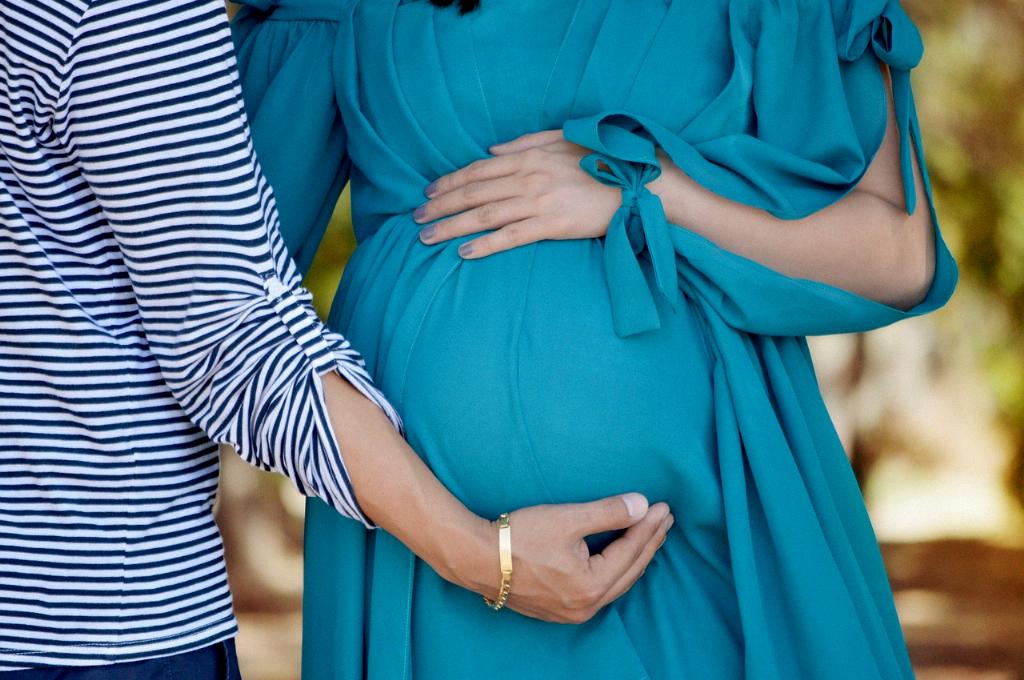Many women experience various changes during pregnancy, and some may notice differences in their vision. Hormonal fluctuations can affect the fluids in your eyes, leading to potential vision adjustments. These changes are typically temporary, and most women’s vision returns to normal after giving birth.
Blurry Vision and Hormones
During pregnancy, the hormonal shifts can lead to an increase in fluid retention throughout the body, including the eyes. This additional fluid can change the curvature of your cornea and lens, causing blurred vision. If you experience significant vision changes, it’s essential to consult with your eye care provider.
Changes in Prescription
Some expectant mothers find that their current eyeglass or contact lens prescription no longer provides optimal vision correction. This shift may require a temporary adjustment to your eyewear prescription until after the pregnancy, when your vision stabilizes.
Dry Eyes and Pregnancy
Another common vision-related issue during pregnancy is dry eyes. Hormonal changes can decrease tear production, leading to discomfort, redness, and a gritty sensation in the eyes. Using lubricating eye drops recommended by your eye doctor can help alleviate these symptoms.
Gestational Diabetes and Eye Health
Women with gestational diabetes may be at a higher risk of developing diabetic retinopathy, a condition that affects the blood vessels in the retina. It’s crucial for pregnant women with this condition to monitor their blood sugar levels and maintain regular eye exams to protect their vision.
Migraines and Vision Disturbances
Some pregnant women may experience migraines, which can sometimes be accompanied by visual disturbances known as aura. These visual symptoms can include seeing flashes of light, zigzag lines, or temporary blind spots. If you experience these symptoms, seek medical advice.
Preeclampsia and Vision Changes
Preeclampsia is a serious pregnancy complication characterized by high blood pressure and signs of damage to other organs, including the eyes. Vision changes, such as blurred or double vision, light sensitivity, or temporary vision loss, can be warning signs of preeclampsia and require immediate medical attention.
Postpartum Vision Changes
After giving birth, some women may notice further vision changes due to hormonal fluctuations and potential fatigue. It’s essential to take care of yourself, get enough rest, and address any lingering vision concerns with your healthcare provider.
Eye Health and Prenatal Care
Regular prenatal care includes monitoring your overall health, but it’s essential to remember the importance of eye health during pregnancy. Inform your healthcare provider about any vision changes or discomfort you experience to ensure comprehensive care for you and your baby.
Protecting Your Vision During Pregnancy
To minimize the impact of vision changes during pregnancy, stay hydrated, maintain a healthy diet, wear UV-protective sunglasses when outdoors, and follow your healthcare provider’s recommendations. These simple steps can support your eye health and overall well-being.
Consulting with Your Eye Doctor
If you notice significant or persistent vision changes during pregnancy, don’t hesitate to schedule an eye exam with your optometrist or ophthalmologist. Your eye care provider can assess your vision, address any concerns, and recommend appropriate measures to support your eye health during this transformative time.
Conclusion
In conclusion, pregnancy can indeed affect your vision due to hormonal fluctuations, fluid retention, and other physiological changes. While most vision changes during pregnancy are temporary, it’s crucial to monitor your eye health, communicate any concerns with your healthcare providers, and prioritize self-care to ensure optimal vision and overall well-being for you and your baby.

